Ordinary People in Extraordinary Times: Life Under Occupation in WWII
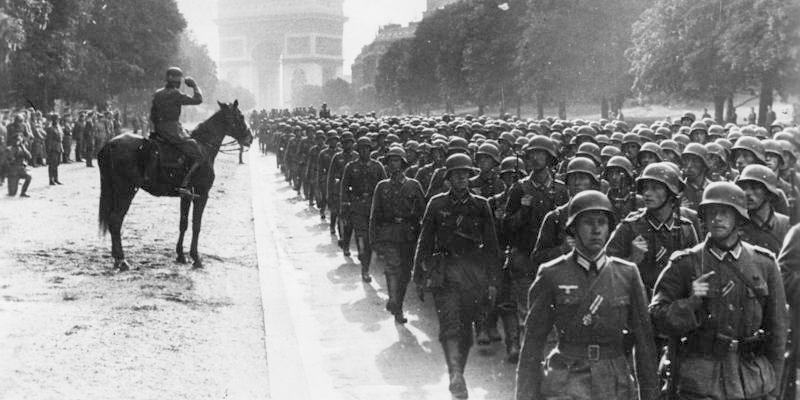
Before you say it, I know: there are so, so many books about the Second World War. And when I set out to write my most recent novel, The Paris Deception, the thought crossed my mind—do we really need another book about Paris during the war? But historical fiction is a rich field, and there are always stories to tell, particularly when we look beyond the war itself. What did day to day life look like for those who weren’t soldiers or spies? How did people survive when their countries were taken over by the oppressor?
In The Paris Deception, I explore the impact of the Second World War on Europe’s art community: on the artists branded “degenerate” by the Nazi regime; on the curators and conservators forced to work shoulder to shoulder with Germans, and on ordinary people—those unwilling or unable to take up physical arms against Hitler’s forces. What propelled them, day to day? How did they find the strength to carry on, when it seemed that the war was won?
This list of books explores that very question, ranging across occupied countries and territories, to explore the stories of ordinary people living through extraordinary times.
*
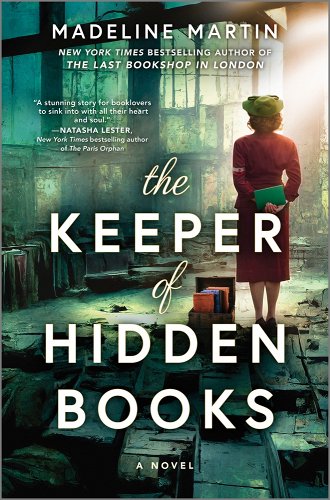
Madeline Martin, The Keeper of Hidden Books (Poland)
The Keeper of Hidden Books provides a unique and powerful portrayal of Poland following the German invasion: a brutal occupation designed to eradicate 90 percent of Poland’s population. Inspired by true events, The Keeper of Hidden Books looks at the cultural impact of the occupation through the eyes of Zofia, a student and bookworm determined to join the fight against the Germans not only by joining the Polish resistance, but also by safeguarding works of Polish literature banned by Nazi ideologues.

Janie Chang, The Library of Legends (China)
The Nanking Massacre was one of the most tragic chapters in Chinese history, resulting in the deaths of at least 200,000 people and approximately 20,000 cases of rape. In The Library of Legends, author Janie Chang follows the trail of university student Hu Lian and her classmates as they flee from the destruction left behind by the invading Japanese forces, traveling a thousand miles on foot to western China while carrying the fabled Library of Legends: a collection of China’s myths, as endangered by the massacre for the ideas they represent as the students themselves.
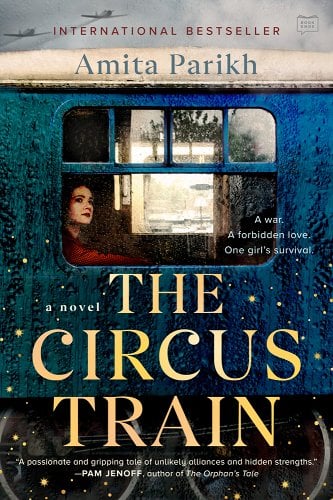
Amita Parikh, The Circus Train (Greece)
As Amita Parikh’s seminal circus train wends its way across German-occupied Europe, its inhabitants—Greek illusionist Theo and his daughter Lena, along with stowaway Alexandre—see the effects of war rippling out along the railway’s iron tracks, culminating, tragically, in an unrefusable invitation to perform at Theresienstadt, a so-called ‘model ghetto’ for Czech Jews intended to deceive the Red Cross and quell international questions about Jewish resettlement in German-occupied territories.
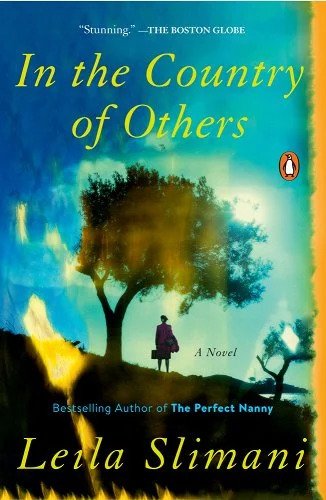
Leila Slimani, In the Country of Others (France and Morocco)
In In the Country of Others, author Leila Slimani draws upon her family’s history to tell the story of Amine and Mathilde, an interracial couple who fall in love when Amine, a Morrocan Muslim soldier fighting for the French Army, is stationed in Mathilde’s home village in Alsace. The story follows the couple long past the war itself as the couple moves to Morocco and live in the shadow of French colonialism.
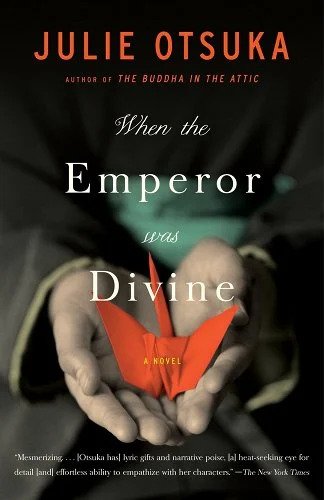
Julie Otsuka, When the Emperor Was Divine (USA: Internment of Japanese Americans)
Axis powers weren’t the only ones oppressing citizens during the Second World War, and Julie Otsuka’s remarkable novel, When the Emperor Was Divine, chronicles the terrible impact of the American internment of Japanese American citizens through the eyes of a single family.
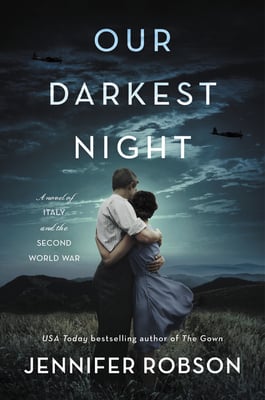
Jennifer Robson, Our Darkest Night (Italy)
In Our Darkest Night, Jennifer Robson explores the fate of a young Jewish woman—Nina—as she strives to live in fascist Italy. Posing as the Christian wife to a young Italian farmer, Nina endures the day to day struggle to survive undetected by local Nazi authorities.

Pam Jenoff, Code Name Sapphire (Belgium)
The history of conquered Belgium is perhaps a lesser known aspect of the Second World War—lesser known to North American audiences, certainly, compared to France or England, but no less interesting. In the hopes of limiting the damage of the invasion, the Belgian civil service cooperated with the Germans at first, but by 1942 the stark realities of the occupation had become clear in the persecution and deportation of Belgian Jews. This world provides the backdrop to Pam Jenoff’s Code Name Sapphire, where Jewish cousins Hannah and Lily attempt to survive the occupation: Lily, by living as inconspicuously as possible with her husband and child; Hannah, in seeking a way out of Europe with the help of a secret resistance network.
__________________________________
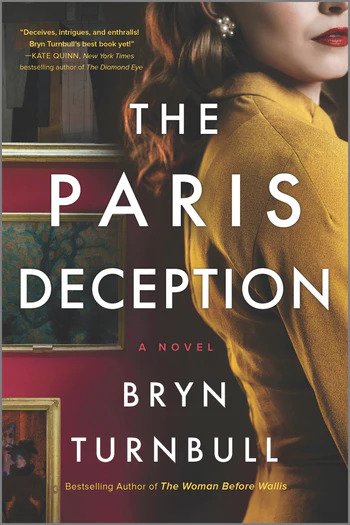
The Paris Deception by Bryn Turnbull is available from HarperCollins/MIRA, an imprint of HarperCollins Publishers.